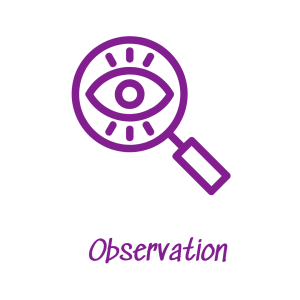- Overview
- Courses
- Consultation
- Coaching
- Retreats
- Pricing
- 2025
- Past Events
- Partnership
- Collaboration opportunities
- Education & Research Partners
- Creative & Cultural Partners
- Strategic Partners
- Product
- Donation
- Payment
- Our Story
- Our Team
- Contact form
- FAQs
Copyright © 2020-2025 Empathy For Youth Academy • Managed by Rumah Empati, Reg. No 202503142653









